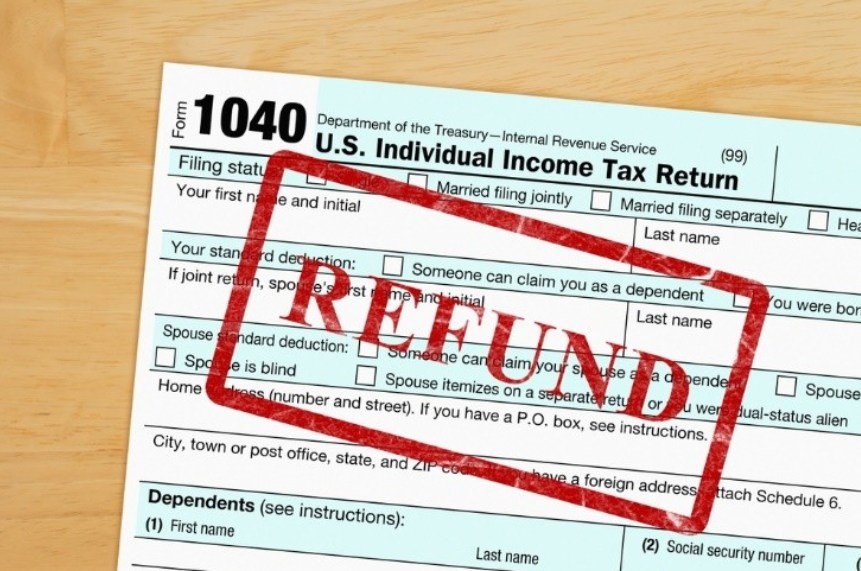-
U.S. Office Address: 2319 S.W. 29 Ave., Miami, Fl. 33145
U.S.Mailing Address: 2520, Coral Way, Suite 2014, Miami, FL 33145
U.S. Number: 754-368-2330
Navigating the complexities of the Foreign Investment in Real Property Tax Act (FIRPTA) can be daunting for both buyers and sellers in real estate transactions. At FIRPTA Tax Returns, we specialize in helping clients obtain the necessary affidavits, withholding certificates, and exemptions required under FIRPTA rules.
Here, we will guide you through key concepts like FIRPTA exemption affidavits, withholding certificates, and exemption rules to ensure compliance and minimize tax burdens.
FIRPTA requires foreign sellers of U.S. real estate to pay taxes on the sale’s proceeds. To ensure compliance, the buyer is typically required to withhold a portion of the sale price and remit it to the IRS. However, there are ways to reduce or eliminate this withholding requirement, including FIRPTA exemption affidavits and withholding certificates.
A percentage of the sale price (generally 15%) is withheld from foreign sellers.
A document provided by the seller to certify exemption eligibility.
Issued by the IRS to authorize a reduced withholding rate or exemption.
The buyer must ensure FIRPTA compliance, making these documents essential in real estate transactions.

A FIRPTA exemption affidavit is a sworn document used to certify that a property sale is exempt from FIRPTA withholding requirements. This affidavit is often used when:
The property’s sale price is $300,000 or less.
The buyer intends to use the property as their primary residence.
Other specific exemption criteria are met.
The buyer typically requests the seller to complete this affidavit if the transaction qualifies for an exemption. Key information included in the affidavit
Seller’s name and tax identification number.
If the actual tax owed is less than the withholding amount, you can apply for a reduced rate by submitting Form 8288-B before the sale.
Certification of exemption eligibility.
Important: The buyer’s affidavit for FIRPTA withholding exemption is crucial to avoid withholding when exemption conditions apply.
A FIRPTA withholding certificate is a formal document issued by the IRS that allows for reduced or eliminated withholding. It’s often requested when the seller believes the withholding amount exceeds their actual tax liability.
The seller, or their representative, submits IRS Form 8288-B along with supporting documentation.
The IRS evaluates the application and determines the appropriate withholding rate.
If approved, the IRS issues a withholding certificate specifying the reduced rate or exemption.
Ensures compliance while minimizing upfront tax payments.
Prevents overpayment, allowing the seller to retain more proceeds
Prevents overpayment, allowing the seller to retain more proceeds
Understanding FIRPTA exemption rules is essential to determine whether an affidavit or certificate is applicable. Common exemption scenarios include:
If the buyer intends to use the property as their primary residence and the sale price does not exceed $300,000, no withholding is required.
Properties sold for less than $1,000,000 may qualify for reduced withholding rates.
When the seller’s actual tax liability is lower than the withholding amount.
Note: The rules are complex, and eligibility varies based on individual circumstances. Seeking professional assistance is highly recommended.
At FIRPTA Tax Returns, we specialize in helping clients navigate FIRPTA regulations, from exemption affidavits to withholding certificates. Here’s how we can assist:
Our team ensures accurate and timely submission of Form 8288-B to secure the lowest possible withholding rate.
We guide clients in preparing buyer’s affidavits for FIRPTA withholding exemptions.
Our experts review transactions to identify exemption opportunities and ensure compliance with FIRPTA rules.
Failure to comply with FIRPTA can result in significant penalties for both buyers and sellers. Ensuring proper documentation and withholding is crucial to avoid legal issues.
While the affidavit supports exemption claims, the IRS has the final authority to determine eligibility. Consulting with professionals ensures accurate filings.
Processing times vary but typically range from 90 to 120 days. Applying promptly can help prevent delays in closing transactions.
For expert assistance with FIRPTA exemption affidavits, withholding certificates, and more, trust FIRPTA Tax Returns. Contact us today to ensure a seamless and compliant real estate transaction.
